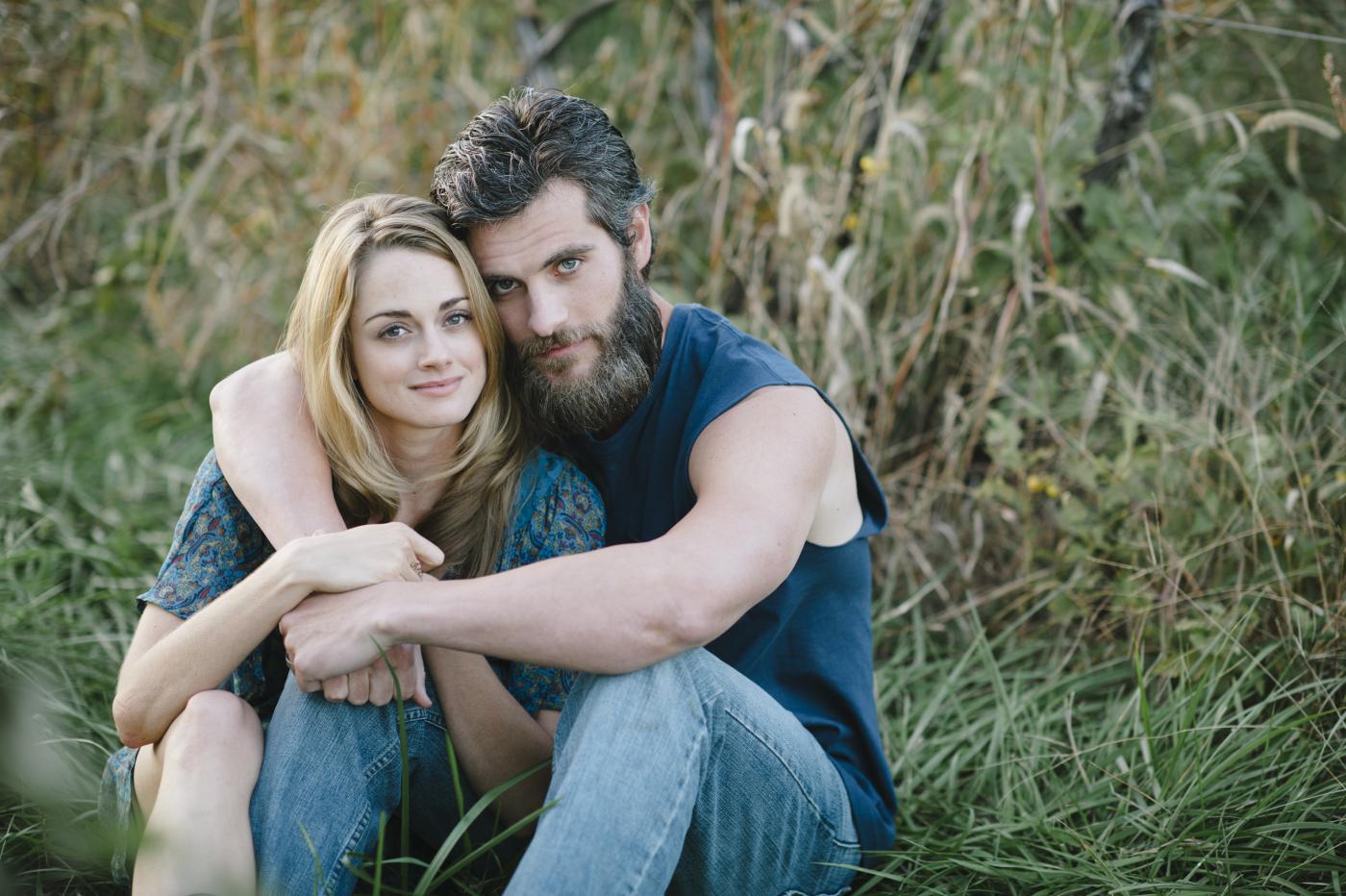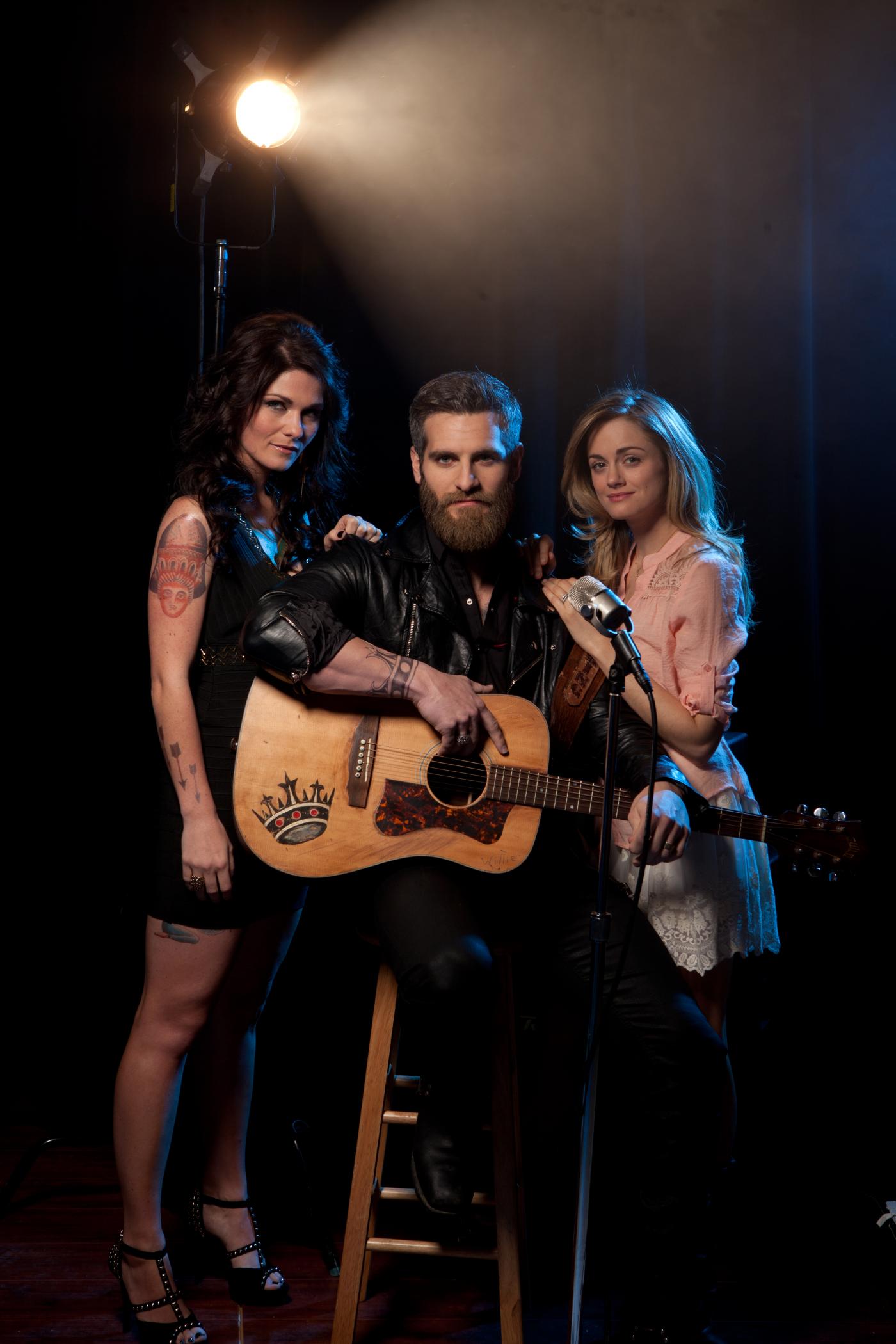We tend to think about what God is like in relation to us. God is love because he loves us despite our sin. God can be angry because he hates to see sin destroy the people he created. But are God’s so-called emotions entirely dependent on us and what we do? Does not God have a life within himself? Of course. In Proverbs 8—a passage that extols wisdom—we see a surprising picture of what was going on within the Trinity before sin ever entered the world.
The apostle Paul reminds us that Christ is the wisdom of God (1 Cor. 1:24). So it’s not much of a theological stretch to recognize Christ in Proverbs 8, a famous passage about wisdom:
According to some scholars, rejoicing is a conservative translation of the Hebrew word sachaq. More accurate would be laughing or playing. We’re understandably reluctant to ascribe laughing and playing to Almighty God. Still, you can see for yourself in any Hebrew lexicon what the word means—and subsequently what God and wisdom were doing when they created the world: laughing and playing.
The Lord brought me forth as the first of his works, before his deeds of old. . . . I was there when he set the heavens in place, when he marked out the horizon on the face of the deep, when he established the clouds above and fixed securely the fountains of the deep, when he gave the sea its boundary so the waters would not overstep his command, and when he marked out the foundations of the earth. Then I was constantly at his side. I was filled with delight day after day, rejoicing always in his presence, rejoicing in his whole world and delighting in mankind. (vv. 22, 27–31, emphasis mine)
But let us note: God’s laughter is no joke. He contains such force and infinite energy that when he plays, living solar systems are painted on the canvas of creation.
When I tell others about the laughing God creating the cosmos, I usually hear, “Oh that’s cute; that would be great to teach in the children’s ministry.” But I am not talking about a laughter that is cute or silly, but one so powerful and mighty it creates entire oceans, and holds them together with astounding energy and pressure.
If you had witnessed this transcendent Being–in-Three-Persons letting out roaring laughter as he played, thus creating the universe, you probably would have shouted and cried out with joy. That is exactly what the angels did. “Where were you,” the Lord scolds Job, “when I laid the earth’s foundation . . . while the morning stars sang together and all the angels shouted for joy?” (Job 38:4, 7).
We sing worship songs about the “fullness of joy” in God’s presence (Ps. 16:11, ESV) and an “inexpressible and glorious joy” (1 Pet. 1:8). But how does that joy express itself? And from where does it come? Is it our joy? Or is it God’s joy? Obviously it is both God’s and ours. But clearly its source is the playful heart of God. And Proverbs 8 gives us a delightful picture of what it looks like. It looks like a Father and Son laughing and playing as they make the skies and seas and everything that inhabits them.
In Psalm 104 we read about God’s capricious creativity:
How many are your works, Lord! In wisdom you made them all; the earth is full of your creatures. There is the sea, vast and spacious, teeming with creatures beyond number— living things both large and small. There the ships go to and fro, and Leviathan, which you formed to frolic there. (vv. 24–26, emphasis mine)
God makes creatures whose main purpose, it seems, is to play. This is one reason some theologians conclude that the basic activity in the restored heaven and earth can be described as play. How so? One aspect of play is that it is non-compulsory. As theologian Fred Sanders says, “The commandment ‘Thou shalt play’ is an incoherent one. . . . We have God’s permission to play.” The kingdom of heaven will be a place in which we will gladly, in freedom, live as God wishes us to live. “It is for freedom that Christ has set us free,” wrote Paul in Galatians 5:1. And as Jürgen Moltmann put it in his Theology of Play, “If man knows himself to be free and desires to use his freedom, then his activity is play.”
In an unpublished essay on the Trinity, Jonathan Edwards discussed the “Infinite Happiness of God,” arguing that God’s joy and happiness reside within himself. He didn’t create the world in order to make himself happy. He was already bubbling over with unbounded pure happiness within the gleeful fellowship of the Trinity. And so the universe was born out of the laughing joy of God.
Meister Eckhart seems to have grasped this biblical truth, prompting him to say, “In the heart of the Trinity, the Father laughs and gives birth to the Son. The Son laughs back at the Father and gives birth to the Spirit. The whole Trinity laughs and gives birth to us.”
It might also be said that the source of God’s anger against sin is that it stifles joy and laughter—that is, our rejoicing with God. Joy is what he intended for us from the beginning, and the reason Christ died for us, that we might restored to fellowship with him, that we might play for eternity with him. Zechariah’s vision of what it will be like for Israel to return from exile might picture life in the kingdom of heaven: “The city streets will be filled with boys and girls playing there” (8:5).
Our God, then, is dead serious about joy, and the joy of the Lord is not something trifling. It’s a playfulness that created and sustains the universe, a laughter that guides history to its glorious end.
Dylan Demarsico is a writer in Los Angeles, California, working toward his master of divinity degree through Liberty University.





















